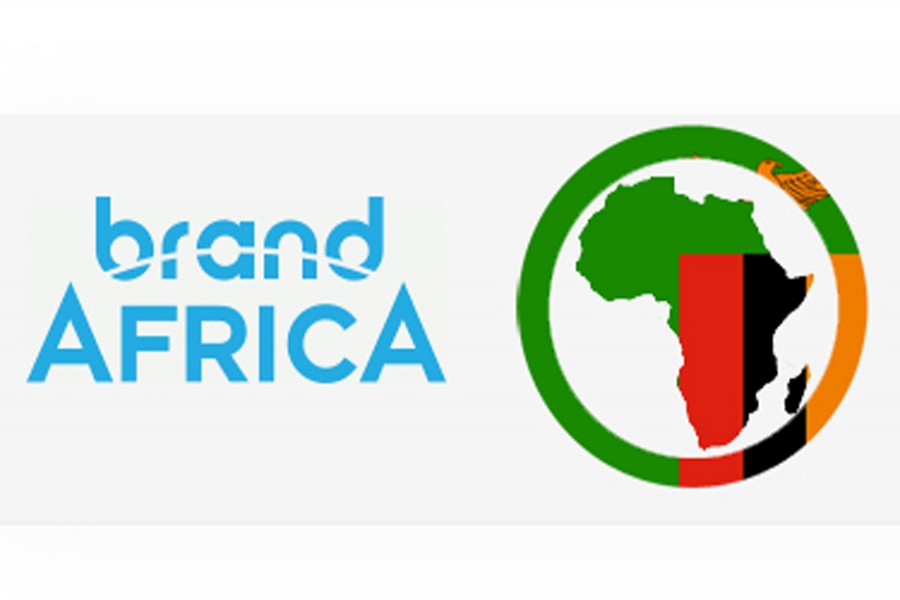Luxury labels from the African continent are expanding rapidly and some hope they will become the next generation of global household names.
The global luxury goods industry is worth more than $1.5 billion (£1 billion), according to research by global business consulting firm, Bain & Company. This market is expected to grow by up to 5 per cent annually over the next three years.
The new wave of brands targeted at big spenders could mean brands from Africa might start competing with some of the best known labels in the world.
That said, a look at the top luxury goods companies shows European countries and the United States still dominate the industry. The question is, how soon until we start seeing African brands take a place alongside the leading luxury powerhouses?
Vania Leles is one of many African-owned luxury firms integrating the continent into their brand ethos.
Born and raised in Guinea-Bissau, the gemmologist set up her London-based jewellery shop called Vanleles Diamonds in 2011. Seven years on, the shop is now based in Mayfair, placed between French brands Cartier and Chanel.
She said that Africa was a source of inspiration for her, particularly childhood memories of trips around the continent - she travelled to around 15 countries between the ages of 15 and 18.
Most of the gemstones used in the jewellery shop are from ethical sources across Africa, she said.
"Probably 80-90 per cent (of gems and diamonds) come from Africa, but you don't see brands saying: 'These diamonds are from Botswana.' I think it's about time that we champion our own natural resources."
High-end department shop Harrods is host to Epara Skincare, a beauty product that blends African botanical ingredients such as argan oil, shea butter and liquorice root extract. Each pot comes with a price tag of more than $100.
Epara's founder, Ozohu Adoh, created the brand specifically to address the beauty concerns of women of colour, but she has noticed the product's appeal has extended beyond her target market.
More and more companies like Vanleles and Epara are entering the global market and doing fairly well, reports BBC.
Heritage brands like Chanel and Hermès were built over centuries and have had time to develop and be recognised globally.
People like branding consultant Uche Pezard think technology can help to fuel a shift in the luxury market to let newcomers leave their mark.


